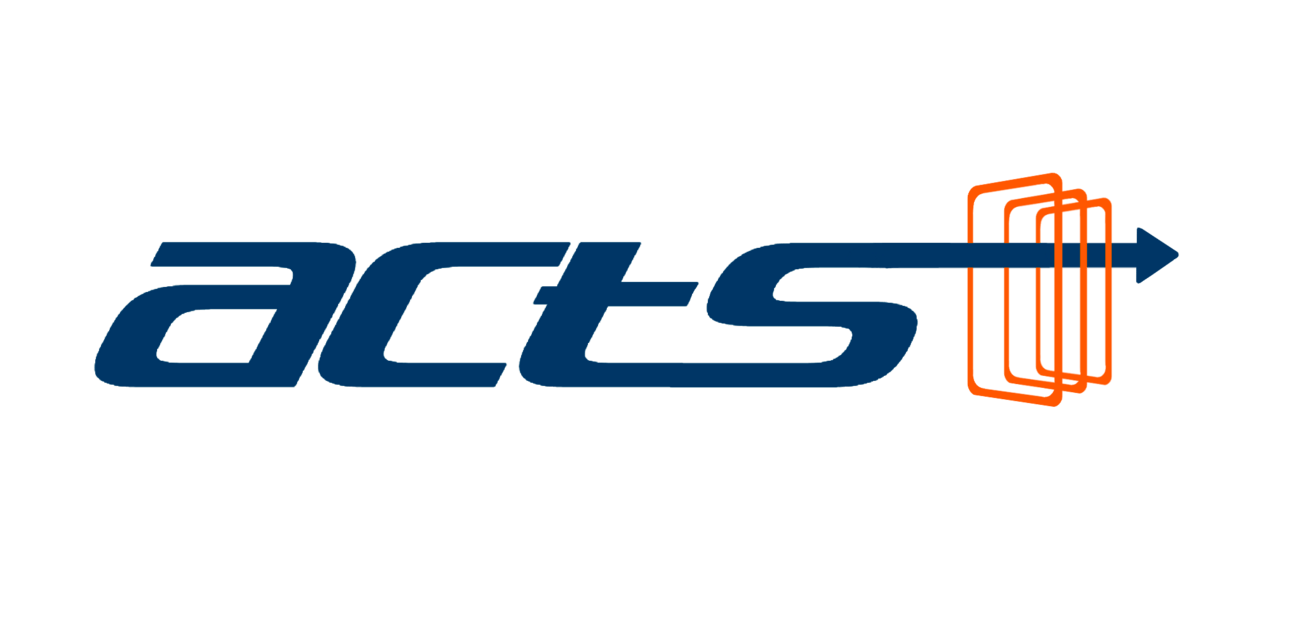“I alone cannot change the world, but I can cast a stone across the waters to create many ripples.”
— Mother Teresa
THE ART OF LEADERSHIP
Ripples Create Revolutions
Small Acts Lead Nations Toward Compassionate, Enduring Transformation
A single hand cannot lift every fallen soul, yet it can reach the nearest one. When I walked Calcutta’s streets, I carried no banners, only bandages and a patient ear for listening. Stones tossed in mercy do not splash loudly; they travel quietly beneath the surface, disturbing still water until hope circles outward.
Leaders imagine they need authority, but hearts obey authenticity. Begin where your sandals stand. See the hunger beside your doorway before drafting proclamations for distant crowds. The child you feed this morning will teach another tomorrow; soon, an unseen multitude whispers gratitude, and the city starts breathing easier without noticing who first exhaled.
Do not question whether the ripple matters; the water remembers every touch. You will grow weary, but love renews itself with every step taken for someone else. Continue casting small stones: a letter, a shelter, a lifted gaze. When the tide finally turns, you will discover that the ocean carried your name in each wave all along.
Offer one quiet act of kindness, inspiring others to echo compassion until collective change flourishes everywhere.
COMMERCIAL CONSTRUCTION
ACTS Unites Excavators, Prevents Disasters
A veteran-led consultancy rebuilds trust among stakeholders in the damage prevention industry nationwide.
ACTS, founded in 2007 by forty‑year excavation veteran Roger Cox, has turned frustration into a collaborative blueprint for public‑utility safety. Drawing on his tenure running ARKUPS and Arkansas One Call, Cox recognized that contractors, utilities, and locators all value damage prevention but unequal commitment and lingering mistrust keep them from acting as one Team.
ACTS attTeam that creates neutral forums, where every stakeholder can voice their concerns, listen without interruption, and work on shared solutions. Seasoned facilitators deploy scenario‑based training, customized board retreats, and communication campaigns that celebrate positive behaviors instead of policing mistakes. The result is a measurable mindset shift: higher loco adherence, fewer line strikes, and more substantial community goodwill.
Because the firm’s sole focus is damage prevention, new clients bypass lengthy onboarding; consultants already speak the language of excavation tickets, tolerance zones, and positive response codes. ACTS listens first, then aligns programs with organizational culture, turning wary groups into trusted partners who protect infrastructure, workers, and the public every dig.
INFRASTRUCTURE INDUSTRY
Phoenix Liquid Gold Reuse Rises
Ground Breaks On Phoenix Water Recycling Plant To Avert Shortage
Backhoes rang before sunrise Wednesday at the 91st Avenue Wastewater campus as Phoenix and federal officials launched construction of the $2.1‑billion Advanced Water Purification Facility, the Southwest’s largest direct‑potable reuse plant. Ground crews immediately began trenching for a 30‑foot‑deep ozonation basin while Sonoran drums thundered alongside mariachi trumpets saluting workers in reflective orange.
The plant will push 60 million gallons a day of treated effluent through microfiltration, reverse osmosis, and ultraviolet peroxide reactors before blending with Salt River Project canals bound for households. Designers selected desert-hardened, all-electric high-pressure pumps powered by an onsite solar farm and battery array, trimming lifetime emissions by thirty percent during blistering summer afternoons.
Financing blends a new WIFIA loan, Arizona drought‑resilience bonds, and impact fees from booming west‑valley warehouses. The project supports 1,800 union jobs, with apprenticeships reserved for students at nearby Tolleson high schools and tribal scholarships. Full commissioning in 2029 will replace half of Phoenix’s Colorado River allotment and stabilize taps during future megadroughts.
RESIDENTIAL RESEARCH
Algae Drywall Disrupts Michigan Builds
Michigan OKs Carbon‑Negative Algae Wallboard for All New Residential Homes
Michigan’s Construction Commission on Tuesday approved SeaRock’s algae‑based wallboard as a prescriptive substitute for standard gypsum in one and two‑family dwellings, marking the first statewide endorsement of carbon‑negative panels in the United States. The rule, effective July 18, removes expensive engineer letters and arrives amid ongoing supply shortages at gypsum mills near Detroit.
In a Grand Rapids pilot on Wednesday, GreenLake Homes fastened the 5/8-inch boards to interior studs with standard screws; installers said the panels weighed 15 percent less than Type X yet achieved the same one-hour fire rating in onsite burnout tests. Sensors embedded by Michigan State researchers recorded formaldehyde emissions at nearly undetectable levels.
SeaRock cultivates sargassum in photobioreactors, mineralizing calcium carbonate that substitutes mined gypsum. Builders say the boards add $280 to a 2,000-square-foot ranch but unlock a $1,000 state carbon credit, effective July 1. Chemical Bank will shave 0.1 points off mortgage rates, and Auto-Owners Insurance forecasts premium cuts due to superior mold resistance in humid summers across both coastal and inland regions.
TOOLBOX TALK
The Importance of Preventing Welding Flash Burns
Introduction
Good morning, Team! Today’s Teambox talk focuses on preventing welding flash burns. Exposure to welding arcs without protection can cause severe eye injuries.
Why It Matters
Flash burns (arc-eye) cause intense pain, temporary blindness, and long-term eye damage.
Strategies for Preventing Flash Burns
Proper Eye Protection:
Always wear welding helmets with correct shade lenses.
Shield Work Areas:
Use welding screens or barriers to protect others from exposure to arc radiation.
Regular Inspection:
Check welding helmets and goggles daily for cracks or damage.
Communicate Clearly:
Alert others before welding to ensure they have appropriate protection.
Immediate Reporting:
Promptly report symptoms of eye discomfort or vision issues.
Discussion Questions
Have you or your coworkers experienced welding flash burns?
How can we improve our welding safety?
Conclusion
Proper eye protection and shielding significantly reduce the risk of flash burns.
Protect your eyes while welding safely!





